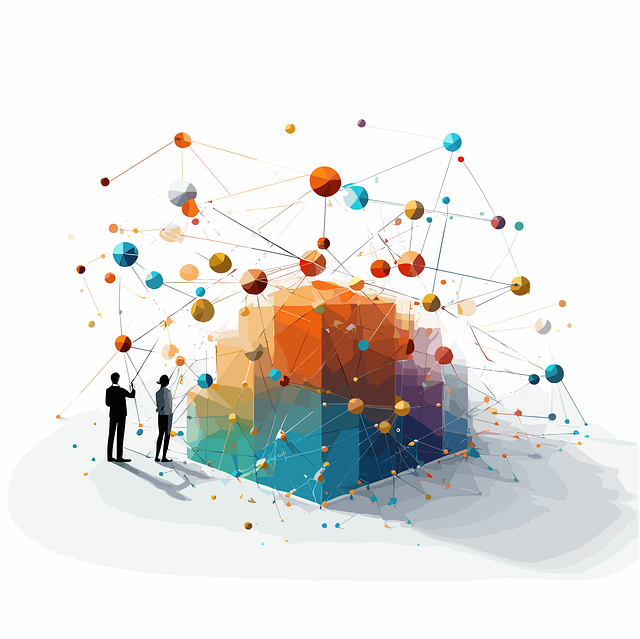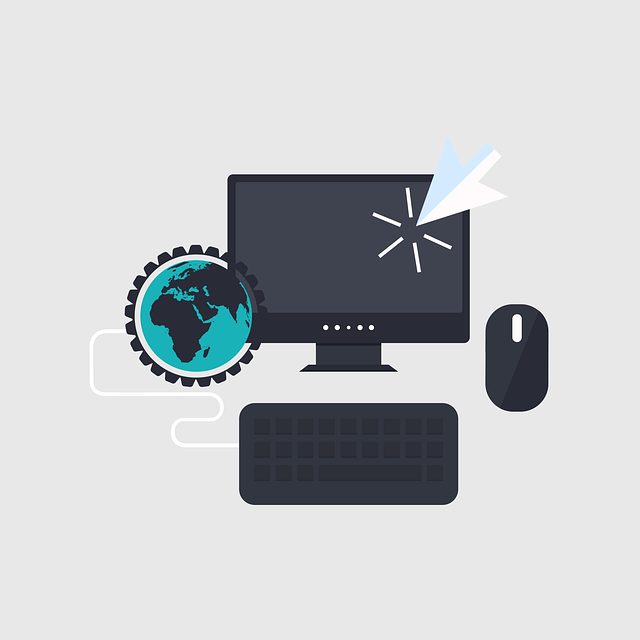AI kitchen automation is revolutionizing professional cooking by leveraging advanced algorithms for precise ingredient measurements and predictive flavor combinations. These technologies streamline repetitive tasks, allowing chefs to focus on creative aspects. By analyzing extensive datasets, AI enhances recipe creation, optimization, and menu planning while minimizing food waste. Robotic arms with computer vision further automate dish preparation. However, transitioning to AI kitchen automation involves challenges such as high costs, potential resistance from chefs, and critical data privacy and security concerns.
“The future of gastronomy is here with the rise of AI kitchen automation, transforming the way chefs create culinary masterpieces. This article explores the transformative power of deep learning infrastructure in the food industry, focusing on its potential to revolutionize cooking processes.
We delve into the benefits and challenges faced by chefs embracing AI technology, from enhancing efficiency to improving flavor prediction. By understanding the underlying deep learning systems, professionals can unlock new possibilities, ensuring they stay ahead in a rapidly evolving culinary landscape.”
- Unlocking Culinary Potential: The Role of AI in Kitchen Automation
- Deep Learning Infrastructure: Building the Foundation for Intelligent Food Systems
- Benefits and Challenges: Implementing AI Kitchen Automation for Chefs
Unlocking Culinary Potential: The Role of AI in Kitchen Automation

The integration of AI kitchen automation into culinary practices is transforming the way chefs prepare dishes, revolutionizing the professional cooking landscape. By leveraging deep learning algorithms, AI systems can assist chefs in various tasks, from precise ingredient measurements to predictive flavor combinations. These technologies offer a new level of precision and efficiency, enabling chefs to explore innovative recipes and enhance taste profiles with unparalleled accuracy.
AI kitchen automation empowers chefs by streamlining repetitive tasks, allowing them to focus on creative aspects of cooking. Automated systems can handle mundane responsibilities like chopping vegetables or mixing ingredients, thereby reducing the risk of human error and increasing overall productivity in professional kitchens. This technology promises to inspire a new era of culinary innovation, pushing the boundaries of what’s possible in the art of cooking.
Deep Learning Infrastructure: Building the Foundation for Intelligent Food Systems

In the realm of food systems, Artificial Intelligence (AI) and deep learning are revolutionizing culinary landscapes, laying the foundation for intelligent kitchen automation tailored for chefs. This cutting-edge technology promises to transform how meals are prepared, offering unprecedented precision and efficiency. By leveraging deep learning algorithms, AI systems can analyze vast datasets, including ingredient properties, cooking techniques, and taste profiles, to make informed decisions that enhance recipe creation and optimization.
Deep Learning Infrastructure plays a pivotal role in enabling this culinary evolution by providing the necessary tools and frameworks for training and deploying AI models. These infrastructures encompass powerful computing resources, such as Graphics Processing Units (GPUs) and Tensor Processing Units (TPUs), which accelerate the intensive computational tasks required for deep learning. Moreover, they incorporate robust data management solutions to handle and preprocess vast food-related datasets, ensuring that AI algorithms receive high-quality inputs for accurate learning. With AI kitchen automation for chefs becoming a reality, intelligent food systems are poised to redefine dining experiences while streamlining culinary processes.
Benefits and Challenges: Implementing AI Kitchen Automation for Chefs

Implementing AI kitchen automation for chefs presents a promising future for culinary innovation and efficiency, offering significant benefits that can transform professional kitchens. With its ability to analyze vast data sets, deep learning algorithms can optimize menu planning by predicting popular dishes based on historical sales and customer preferences, ensuring a well-stocked pantry and reduced food waste. Additionally, AI automation can enhance dish preparation; robotic arms equipped with computer vision can precisely chop vegetables or cook ingredients to the exact desired doneness, freeing up chef’s time for more creative tasks.
However, transitioning to AI kitchen automation is not without its challenges. Initial implementation costs can be steep, requiring significant investments in hardware and software infrastructure. Moreover, chefs may face resistance to change, as embracing AI could shift their roles from hands-on cooking to supervision and data analysis. Data privacy and security are also crucial considerations; as kitchens collect vast amounts of customer and ingredient data, ensuring secure storage and compliance with regulations becomes paramount.
AI kitchen automation for chefs presents a transformative opportunity in the culinary world, promising increased efficiency and innovation. By leveraging deep learning infrastructure, chefs can access advanced tools to streamline tasks, enhance flavor profiles, and explore new culinary frontiers. While challenges exist, the benefits are substantial, offering a compelling path forward for the integration of AI technology into professional kitchens. As this field continues to evolve, we can expect to see even more sophisticated applications that revolutionize how food is prepared and experienced.
